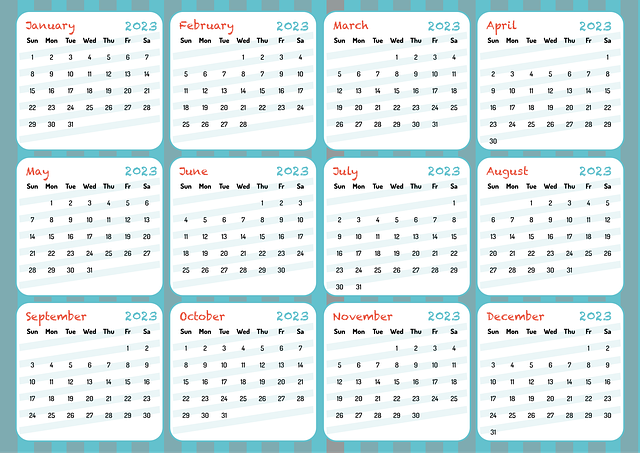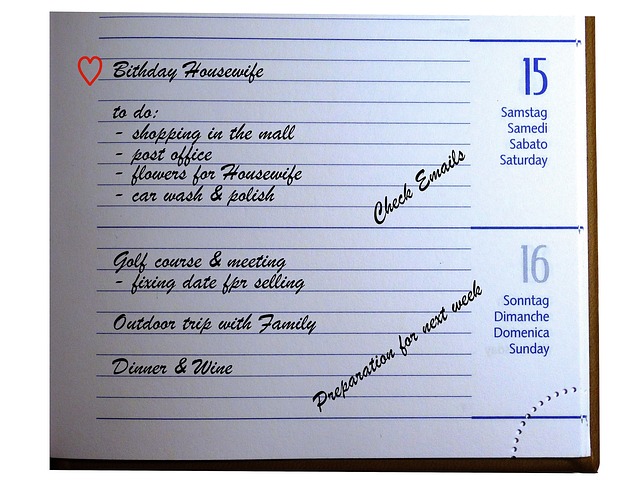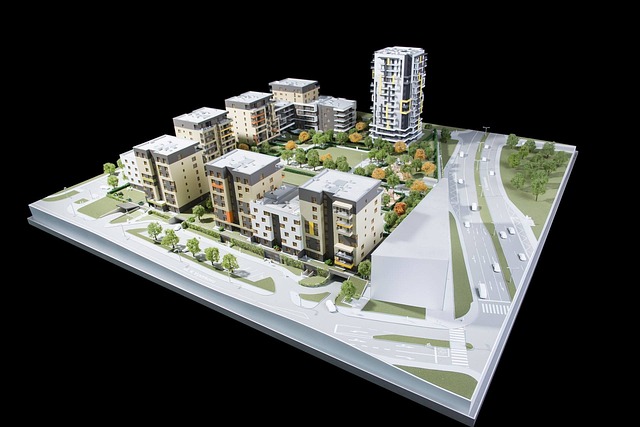Identifying community needs is crucial for local businesses planning events that resonate. By engaging directly with residents and understanding their priorities, businesses can tailor events that make a meaningful impact. This involves techniques like surveying communities and hosting focus groups. Setting clear objectives, such as boosting business visibility or addressing social concerns, guides the entire process from theme selection to post-event evaluation, ensuring strategic and measurable results in Event Planning for Local Businesses. Aligning events with local interests and challenges fosters connections and strengthens neighborhood bonds.
Community outreach events are powerful tools for local businesses to connect, engage, and positively impact their neighborhoods. This article guides you through the strategic planning process, from identifying community needs and setting measurable objectives to securing partnerships with local entities and crafting effective marketing strategies. Discover how efficient event management techniques can enhance your business’s reputation and foster meaningful connections within the community, ultimately driving success for local enterprises.
- Identifying Community Needs and Setting Objectives
- – Understanding the community's interests and challenges
- – Defining event goals and intended outcomes
Identifying Community Needs and Setting Objectives

Identifying community needs is a crucial step in successful event planning, especially for local businesses looking to make an impact. By engaging with residents and understanding their priorities, businesses can tailor events that resonate deeply with the target audience. This might involve surveying communities to gauge interest and identify pressing issues, or hosting focus groups to foster open dialogue about desired outcomes.
Setting clear objectives ensures that outreach efforts are strategic and measurable. Event planners should define specific goals, whether it’s increasing local business visibility, fostering community engagement, or addressing a particular social issue. These objectives guide the entire planning process, from choosing event themes to measuring success after the fact.
– Understanding the community's interests and challenges

When planning community outreach events, it’s crucial to begin by understanding the unique interests and challenges faced by your local community. This involves engaging with residents, business owners, and local organizations to identify their priorities. By conducting surveys, hosting focus groups, or simply listening to conversations in local venues, event planners can gather insights into what matters most to the community. For instance, a bustling town center might prioritize events that promote local commerce and attract visitors, while a quieter suburban area may focus on family-friendly activities and neighborhood bonding.
Event planning for local businesses is not just about organizing fun activities; it’s about fostering connections and addressing the needs of the community. By aligning event themes with local interests, businesses can create meaningful experiences that resonate with attendees. Whether it’s showcasing local talent, promoting sustainable practices, or raising awareness for a pressing issue, each event should strive to leave a lasting impact on both participants and the broader community. This approach ensures that outreach efforts are not only enjoyable but also effective in building a stronger, more connected neighborhood.
– Defining event goals and intended outcomes

When planning community outreach events, defining clear goals and expected outcomes is a crucial step for local businesses. These objectives should be tailored to align with both the company’s marketing strategies and the needs of the target audience. For instance, an event might aim to increase brand visibility by engaging directly with residents, fostering goodwill, and building a loyal customer base. The intended outcome could include collecting valuable feedback from the community, understanding their preferences, and using this insight to enhance products or services.
Event planners should consider measurable outcomes like the number of attendees, engagement levels (through surveys or interactive activities), and the overall impact on local business growth. By setting these goals, businesses can ensure their outreach efforts are strategic, effective, and contribute to both community development and their own sustainability in the local market.
By identifying the community’s unique needs and setting clear objectives, local businesses can host impactful outreach events that foster engagement and drive positive change. Through understanding the community’s interests and challenges, event organizers can create meaningful experiences that resonate with attendees. Defining specific goals and expected outcomes ensures a successful and memorable event, ultimately strengthening the bond between businesses and their local areas. Event planning for local businesses should focus on these key aspects to make every gathering a game-changer.














